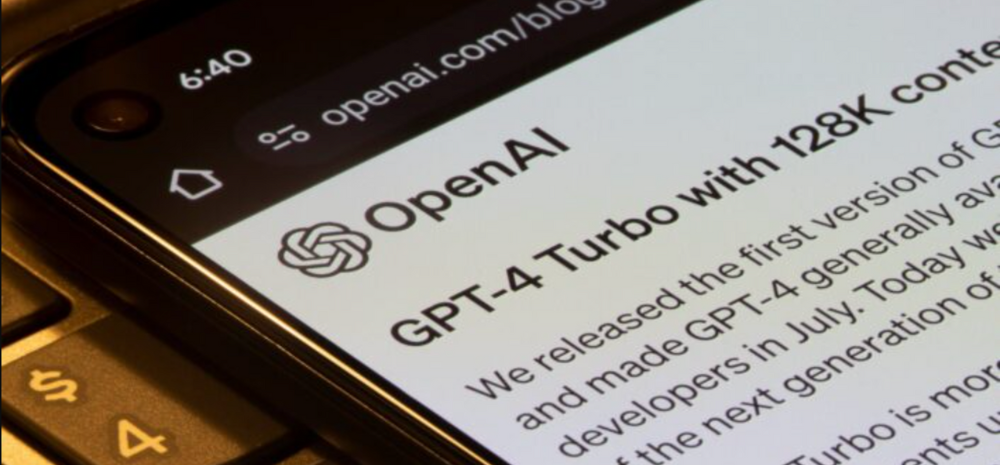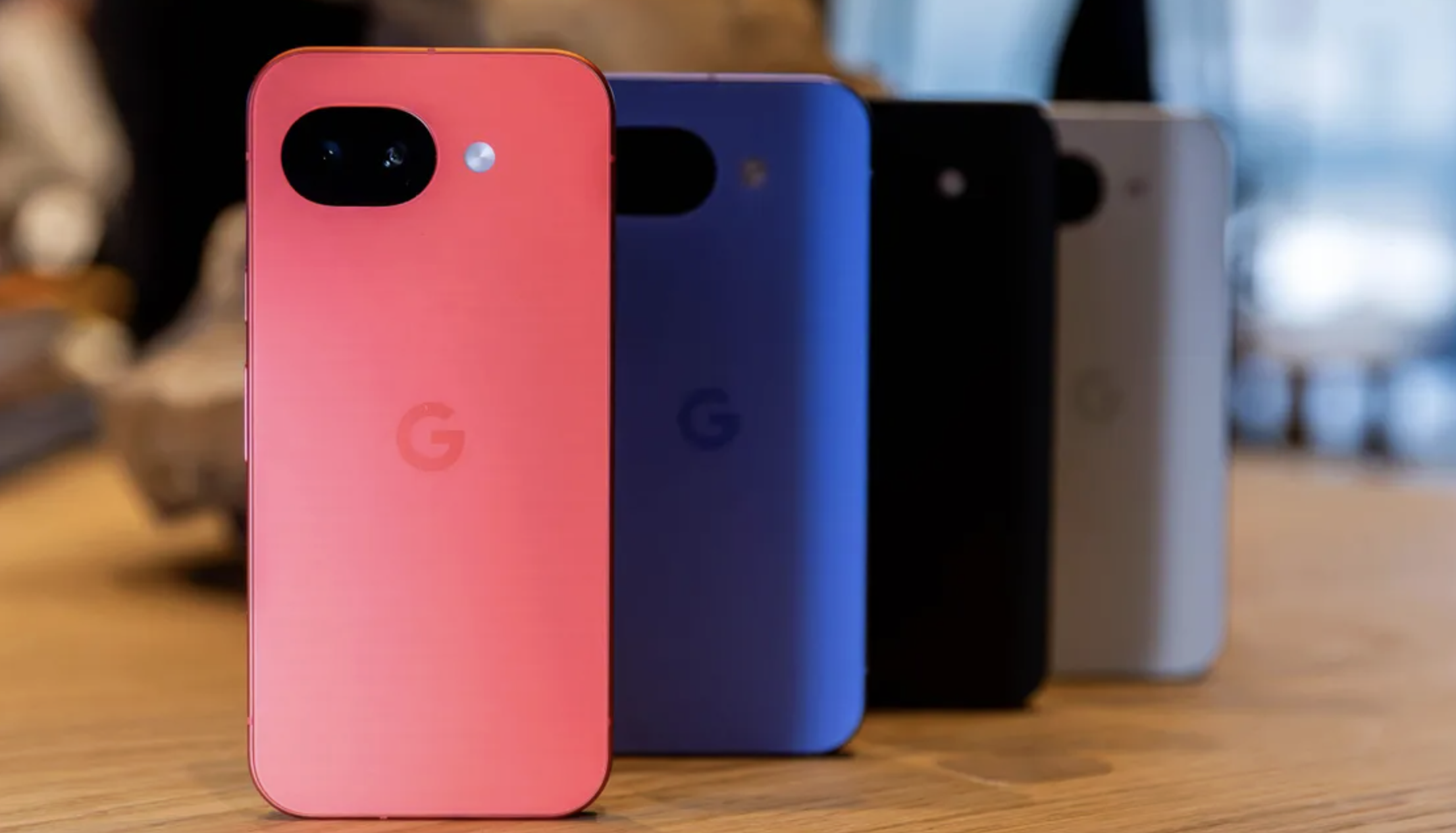In recent years, OpenAI has been making waves in the field of artificial intelligence (AI), with its groundbreaking language model, ChatGPT. Now, reports indicate that OpenAI is venturing into a new domain: web search. With the development of the ChatGPT search engine, OpenAI aims to challenge the dominance of Google in the search engine market.

The Emergence of ChatGPT Search Engine
Recent observations on Y Combinator’s Hacker News community suggest that OpenAI is gearing up for the launch of its ChatGPT-powered search engine. A new domain name, “search.chatgpt.com,” has been registered, along with a security certificate, signaling an imminent debut. This move follows OpenAI’s trajectory of innovation, leveraging its AI expertise to expand into new realms of technology.
Implications of OpenAI’s Entry into Search
The prospect of OpenAI entering the search engine arena has stirred considerable interest and speculation. Given the success of ChatGPT in natural language processing tasks, the ChatGPT search engine holds promise for revolutionizing the way users interact with search results. By integrating generative AI capabilities with traditional web search functionalities, OpenAI aims to offer users a more comprehensive and personalized search experience.
Speculations on Launch Date
While concrete details about the launch of the ChatGPT search engine remain scarce, speculations abound regarding its potential release date. Influencers and industry watchers, such as Pete Huang, have suggested a possible launch date of May 9, 2024. This speculation has further fueled anticipation and excitement within the AI and tech communities.
Understanding the ChatGPT Search Engine
The ChatGPT search engine is expected to combine the strengths of traditional web search engines with the capabilities of generative AI models like ChatGPT. When users input queries or questions, the ChatGPT search engine will not only retrieve relevant web pages but also provide AI-generated summaries and insights. This innovative approach promises to enhance the depth and richness of search results, catering to diverse user needs and preferences.
Challenges and Opportunities
Despite the potential of the ChatGPT search engine, OpenAI faces significant challenges in challenging Google’s dominance. Google currently commands nearly 90% of the search engine market share, posing a formidable barrier to entry for any new competitor. However, with its advanced AI capabilities, OpenAI could carve out a niche for itself by offering a differentiated and more intelligent search experience.












